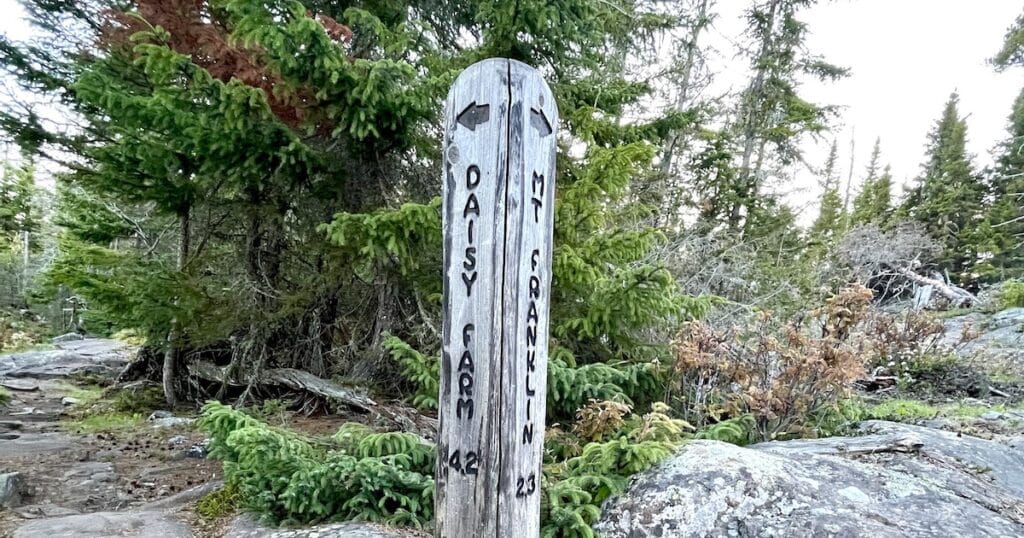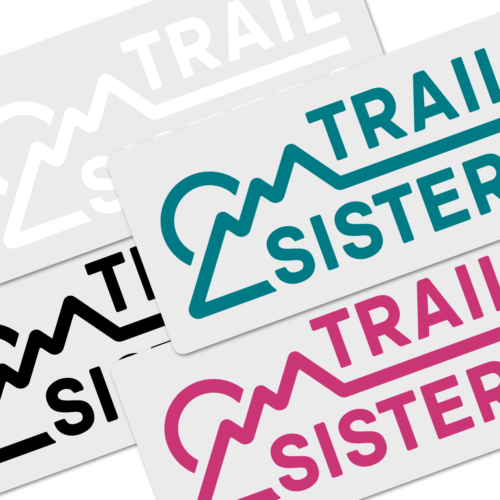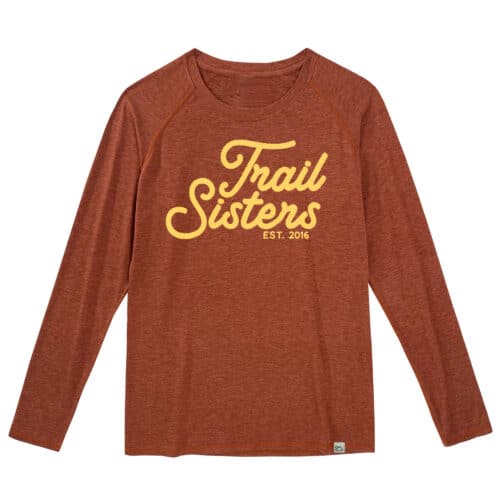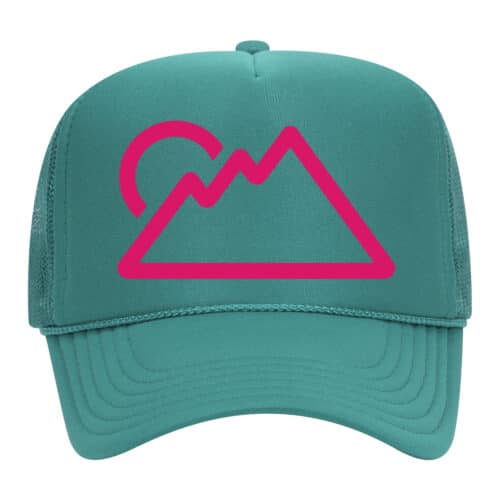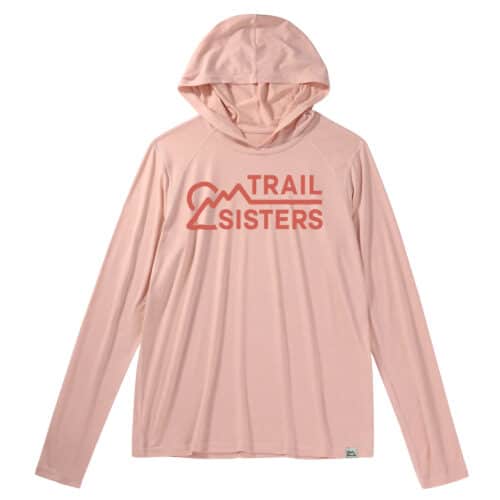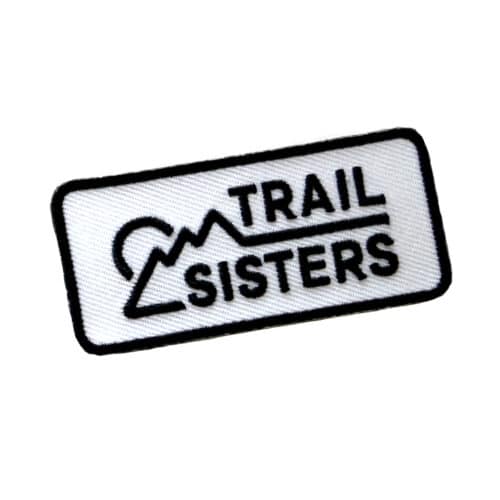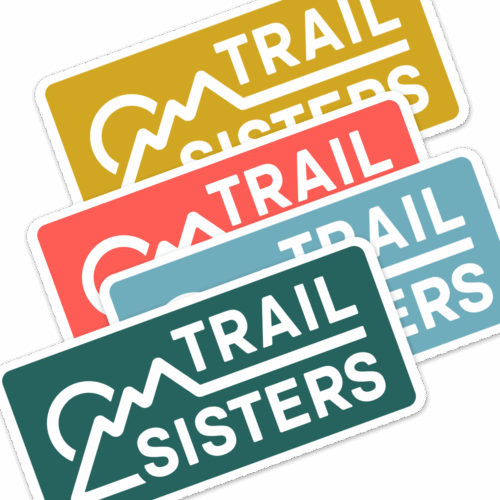There are many things to consider when hiking and backpacking when it comes to food and water. How much to pack (weight is everything), what to pack, fear of not having enough (or thinking snacks/food aren’t necessary) the list goes on. For day hikes feeding yourself will be quite different than on overnight backpack trips, but you will find the types of foods you bring along will be quite similar. You may even find really yummy new things to carry with you that you wouldn’t consider.
How Much to Pack
It is important to consider energy expenditure when hiking, even if it is a day hike. There have been many hikes where I wish I would have brought more fast energy type foods to get me through a mid-hike slump and I’ve learned to pack an actual meal for lunch if my hike will be all day. There’s also been several hikes where I’ve given out a lot of my snacks to hangry hiking buddies. You are working harder than you think, it’s not just a walk! Consider the length of time you will be hiking, the terrain, and how much weight you will be carrying. Each of these things will affect what kind of snacks and fuel you pack for your hike.
For a guide, you can enter your information in this calculator to estimate your energy expenditure on your hike. I never get too technical about the ins and outs of calories when I hike, but what this does do is show you how much you really work. As a trail runner, this was important for me to understand and I learned a few lessons early on when I started hiking and backpacking. When I go out for a 3-5 mile run I never carry fuel and rarely bring water (maybe I should? Ha!) and I used to treat hiking like this. What I have learned is that I should not be fueling myself for a run like I would for a long day hike. First consideration is the amount of time you will be working. A casual run will take anywhere from 30 minutes to an hour or so, but a hike that is 5-7 miles can take multiple hours. I learned early on that I actually do need to bring food and water for a day hike and that I should bring extra for my overconfident friends.
I try to look at my choices for hiking food based on macronutrients. Carbs provide quick energy and work great for hangry rescue foods. Simple carbs like applesauce, fruit snacks, and dried fruits are great to keep in a hip pocket for these moments. For full meals focus on carbs and protein, although each of these things can vary based on preference and dietary restrictions.
What to Pack
Find foods that won’t get crushed easily and are compact and lightweight if at all possible. Bread doesn’t pack well, but tortillas and mini bagels are a great substitution. Crackers tend to get crushed, but Triscuits, nuts and trail mixes hold up well when shoved in a pack. Another thing to consider is packaging of your items. You will need to carry out any trash you have so while individual nut butters, apple sauces, fruit snacks, bars, etc are great options make sure you have a scent proof zip lock bag or two along for all of your food packaging. I like to buy trail mixes, oats, dried fruits, and nuts in bulk and put them in reusable silicone zip pouches. For apple sauces, nut butters and nutella I’ve used these and they worked really well!
For backpacking I find the best way to organize what I’m going to need is by writing out a grid broken down by days and meals for that day. For example: Down the column, write breakfast, mid morning snack, lunch, afternoon snack, and dinner. Across the top I will write in the days that I will be hiking (Friday, Saturday, Sunday). This helps figure out how much you will actually need for a multi-day trip without over packing OR the biggest fear, running out of food. Another thing to consider is that you avoid any heated food for lunch. It keeps you from having to dig out your camp stove and saves time while eating on the trail. Try to save a hot meal for breakfast before you pack up camp or for dinner and relaxing at camp at the end of the day.
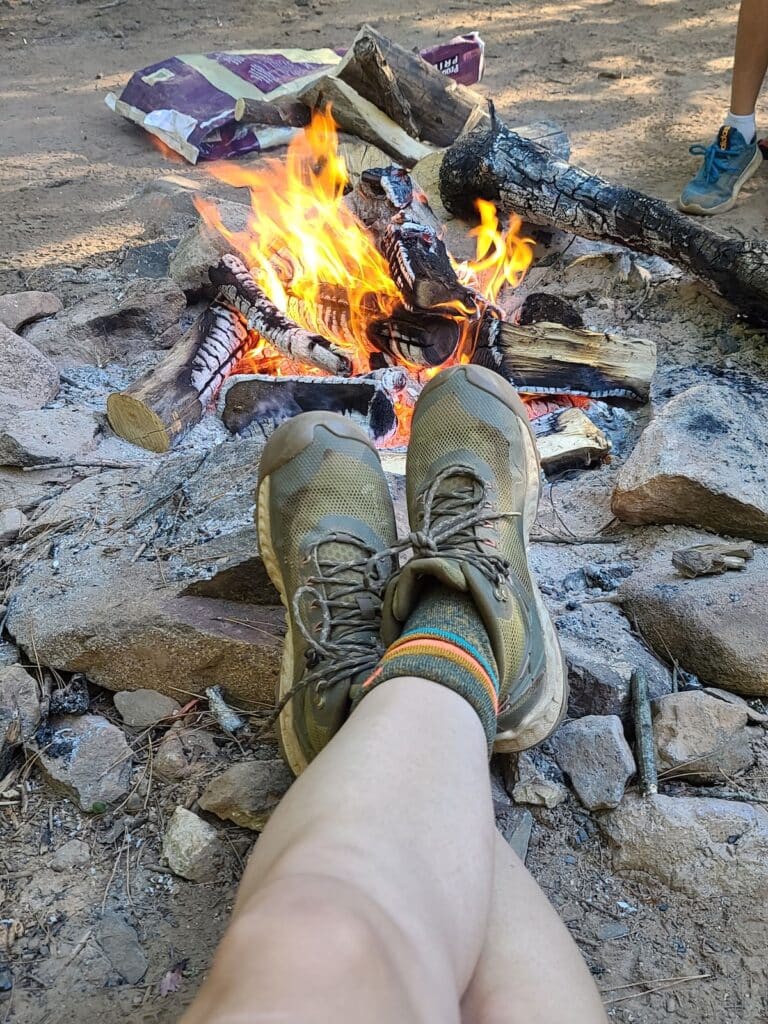
Here is a sample packing/meal plan:
| FRIDAY (trailhead at 10) | SATURDAY | SUNDAY (trailhead by 1) | |
| Breakfast | Instant oats, nut butter, granola/dried fruit, coffee | Instant oats, nut butter, granola/dried fruit, coffee | |
| Snack | Applesauce and bar | Applesauce and bar | Applesauce and bar |
| Lunch | 2 mini bagels and peanut butter, dried mango | 2 mini bagels and peanut butter, dried mango | Tortilla and 2 tuna pouches, dried mango |
| Snack | Trail mix/jerky | Trail mix/jerky | |
| Dinner | dehydrated meal (purchased) | dehydrated meal (purchased) | |
| Camp snacks/drinks | cider/cocoa/salty snack | cider/cocoa/salty snack |
Other Considerations
It is important to remember your water situation, even when day hiking. Many opt to carry a separate filter and put water in a bladder and filter directly into their camp stove for cooking. Some prefer to carry bottles and there are many bottles that double as filters which are a great option if you don’t want to carry so much weight at one time and it allows you to fill up at any water sources along your way. Always try to scope out potential water sources along your route and if backpacking, if there will be water at camp. If backpacking, try to look at all your meals that require rehydrating and calculate how much you will need. The last thing you want is to get to camp after hiking all day and find you don’t have enough water to cook with.
If you own a dehydrator, there are many recipes out there for making your own dehydrated meals and snacks (fruit, jerky, etc) and it saves on some space for your trash (purchased meal pouches take up a lot of space).
Wrap Up
Fueling yourself on a hike is not like fueling yourself for a run (I learned the hard way) and hopefully this helps with decision making. Do not always consider distance, instead focus on length of time the hike will take as this will guide your food choices and amount of food you bring. Oftentimes you can still choose typical foods you would enjoy with easy substitutions to make them trail friendly. Keep these things in mind and you can hopefully avoid the mid-hike slump or, even worse, a hangry hike.
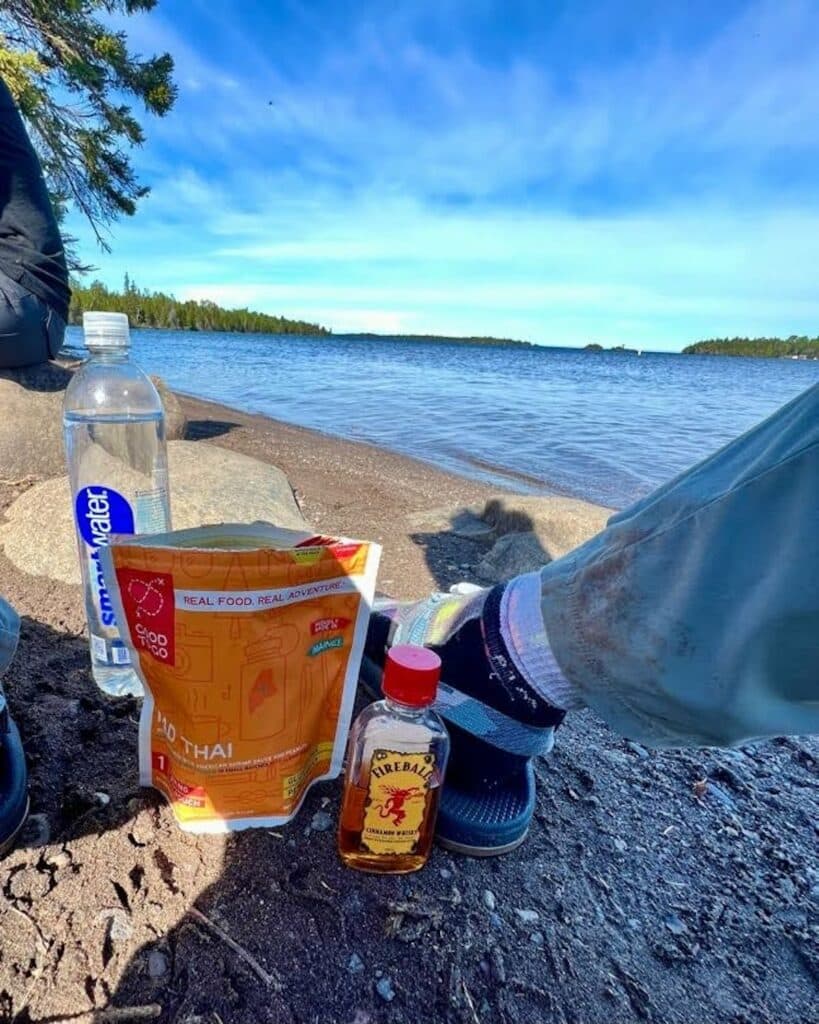
Links:
https://www.rei.com/blog/hike/15-backpacking-food-tips-to-keep-you-eating-well-anywhere



